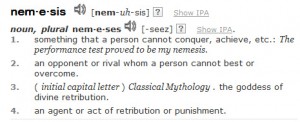The goddess has never been lost. It is just that some of us have forgotten how to find her. (The Goddess Path, 4)
 Another of our feminist foremothers has passed from this world. Patricia Monaghan, academic and poet, was one of many women whose words I treasured on my path (back) to knowing the Goddess. Even today, when I need the name of a Goddess or an aspect to invoke, her works are among the first I turn to. We have lost so much of our past. I honour those who have dedicated their time to reconnecting us with our herstory, and I am comforted as they in turn have comforted us:
Another of our feminist foremothers has passed from this world. Patricia Monaghan, academic and poet, was one of many women whose words I treasured on my path (back) to knowing the Goddess. Even today, when I need the name of a Goddess or an aspect to invoke, her works are among the first I turn to. We have lost so much of our past. I honour those who have dedicated their time to reconnecting us with our herstory, and I am comforted as they in turn have comforted us:
The most important fact about goddesses, it seems to me, is that they are invariably connected to polytheism. Put another way: there is no monotheistic religion based on a goddess. Not a single goddess appears without friends, companions, lovers, children. The presence of the goddess demands the presence of other goddesses, and gods as well. This is comforting for me, for in my vision of the world redeemed, the world made whole, I yearn for connection, not for separation. (The New Book of Goddesses & Heroines, xiii)
Blessed Be.

